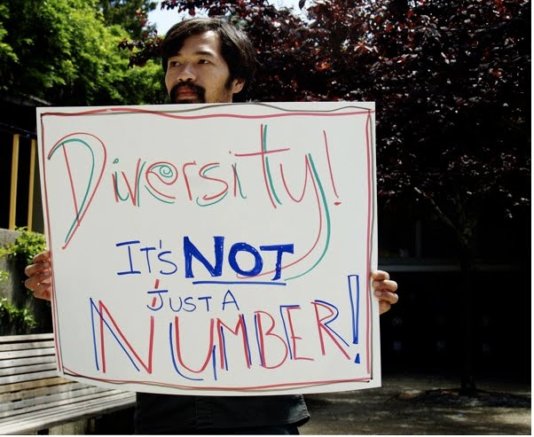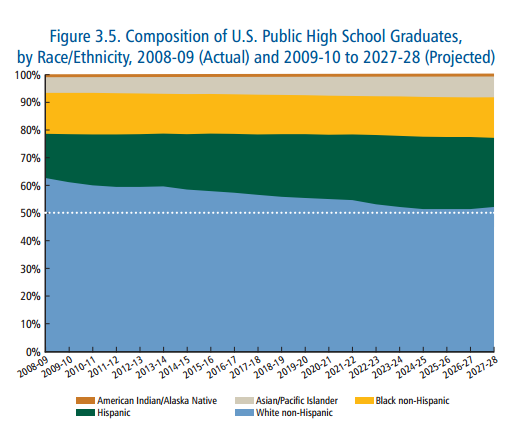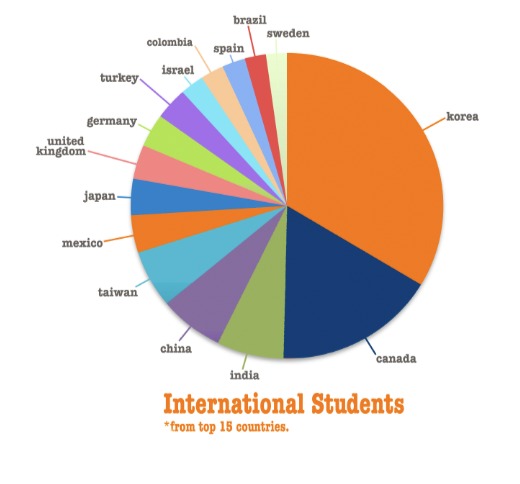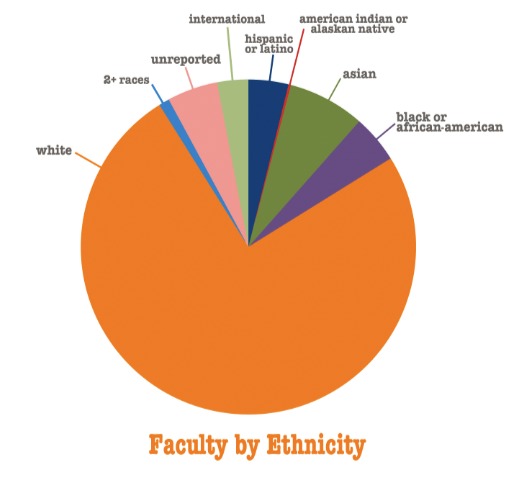- About
- Topics
- Picks
- Audio
- Story
- In-Depth
- Opinion
- News
- Donate
-
Signup for our newsletterOur Editors' Best Picks.Send
Read, Debate: Engage.
| October 27, 2014 | |
|---|---|
| tags: | #Birmingham, #diversity, #education, #melting pot, #migration, #UK |
| located: | United Kingdom |
| by: | Gurmeet Singh |
Some words I learnt as an 11 year old: metaphor, synthetic, altruism, genocide, ethnic cleansing, Kosovo. Some were learnt from books, others from my school mates.
The transition from primary (ages 5-11) to secondary (ages 11-16) school is normally difficult for all children, for fairly straightforward reasons: a change in environment, educational style and goals, and a change in peer groups. The transition itself, however, normally isn’t difficult in itself- in my case, it was. Though expecting to attend the secondary school I had been enrolled for, a sudden familial change of circumstances (of little global significance, but personally cataclysmic) meant I, along with my family, moved from my hometown to the city of Birmingham. State school place allocation is based on proximity- and so of course, I was no longer able to attend my original choice- and since we moved (unfortunately) during the summer, school places were already fully allocated, and none of my nearby schools would accept me. Then I finally found a place in October- two months after secondary school had started. I quickly learnt that the school wasn’t being gracious or generous in accepting me, however- it would accept anyone.
Like a lot of teenagers, I was clever-clever, read a lot and was something of a smart-ass- I tried my best to impress others with facts, knowledge, factoids, quips, remarks- the typical, needy teenage narcissist. I had my reasons for being this way, and look back with forgiveness as well as intense embarrassment and shame. Anyway, my own pre-occupations with being the clever one, the smart one- the one getting the best marks in class- every class- meant I paid little attention to my environment. My classmates came from all over the world - from the former Yugoslavia, Somalia, Zimbabwe, Jamaica, Pakistan, Afghanistan- more than sixty countries, if I recall. The reasons for this were strictly pragmatic- the school was failing and needed as many students enrolled as possible to continue to receive funding from the government. At the time, I saw all this through the lens of my own teenage worldview- an environment that was totally confused and confusing, and one in which it was easy for me to the clever one in class.
It didn’t matter to me that my classmates had difficult, strange lives. That was until one day, a friend, let’s call him Tarek, and I were assigned to do a science project together. The project involved collecting different kinds of plant life for examination under a microscope. While we were in the field collecting leaves, Tarek pointed to a flower and said- “we have these at home”.
“Your house?” I asked, not entirely interested.
“No”, he replied, “in Kosovo”.
Then Tarek told me about Kosovo. About what had been happening there- how military forces had entered his hometown and destroyed everything- the rape, the devastation- I remember thinking it was scarcely believable.
“So did your family come here then?” I asked.
“No- just me and my brother- my mum, dad, sister- uncles, grandparents- all killed.”
That moment- to have a 12 year old boy tell me with immense calm about the suffering he faced- the unimaginable journey from Kosovo to the UK- through warzone, refugee camps- was pivotal. Of course I neither understood all of it, and of course continued in some way to behave as I had done. However, I was more open to my environment, and paid more attention to the stories around me. I learnt that being clever wasn’t the most important thing.
Some years later, the school managed to obtain special status from the government- for being an “international school”. It turned its confused student base into a virtue- it realised it could create a school ethos of cosmopolitanism in which the different lives of students were recognised and encouraged to grow, and where we encouraged to learn not just from the set syllabus- but from one another. There were assemblies held, after-school events, different cultural music and arts explored alongside the usual learning of Shakespeare, Stratification and Simultaneous Equations.
It humanised the talk on the news of immigration, asylum seekers and housing. I learnt to see arguments from multiple points of view- the same event affecting two different and distinct cultures- and I learnt early on to not see people as statistics, but as, vitally, individual human beings. This because I learnt how to pay attention to other people- and the school created an environment in which its official agenda incorporated the perspective and biography of its students.
This is a long way of saying- learning environments are vital for the growth and development of all individuals. Learning environments that encourage competition above all things can of course be positive- but can also encourage a nascent narcissist like my 11-year old self to be more narcissistic and competitive in general. A learning environment which responds to the biographies of its students can profit from their experiences- and lead to learning amongst its students, thereby encouraging young people to be less narcissistic and more open to one another. In my opinion, that’s an education worth having.




By copying the embed code below, you agree to adhere to our republishing guidelines.